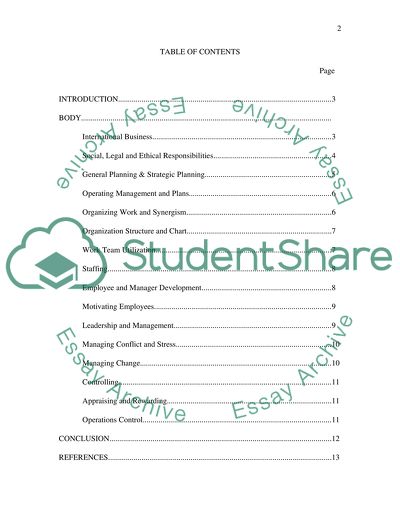Cite this document
(“Mcdonalds Essay Example | Topics and Well Written Essays - 2500 words”, n.d.)
Retrieved from https://studentshare.org/miscellaneous/1544731-mcdonalds
Retrieved from https://studentshare.org/miscellaneous/1544731-mcdonalds
(Mcdonalds Essay Example | Topics and Well Written Essays - 2500 Words)
https://studentshare.org/miscellaneous/1544731-mcdonalds.
https://studentshare.org/miscellaneous/1544731-mcdonalds.
“Mcdonalds Essay Example | Topics and Well Written Essays - 2500 Words”, n.d. https://studentshare.org/miscellaneous/1544731-mcdonalds.


